– guest: Jonathan Lundgren –
In this teaser series I speak to leaders with LAND USE ADAPTATIONS to fight against climate change, biodiversity loss, malnutrition and hunger. Tune-in for a dose of optimism.
. . .
JONATHAN LUNDGREN
The 1000 Regen Farm Initiative
.
LAND USE ADAPTATION – Building Regenerative Agriculture
.
The planet needs a paradigm shift in our food. Nature has been shouldering the externalities from our input-based and extractive models of food production. In the contemporary world, that’s just not going to cut it anymore. Demand for differentiated value-based food product is skyrocketing, while conventional commodities have begun to melt under new pressures & economic strain.
.
We’re bumping-up against planetary boundaries. That’s a pressure-point which will change food and how we’ll manage regenerative natural resources. So, it’s time for a change, but what gets us there the quickest? Our guest today says that what’s missing is modern science. That this science must become a pillar in every regenerative effort, and with all thinking in order to gain broader adoption.
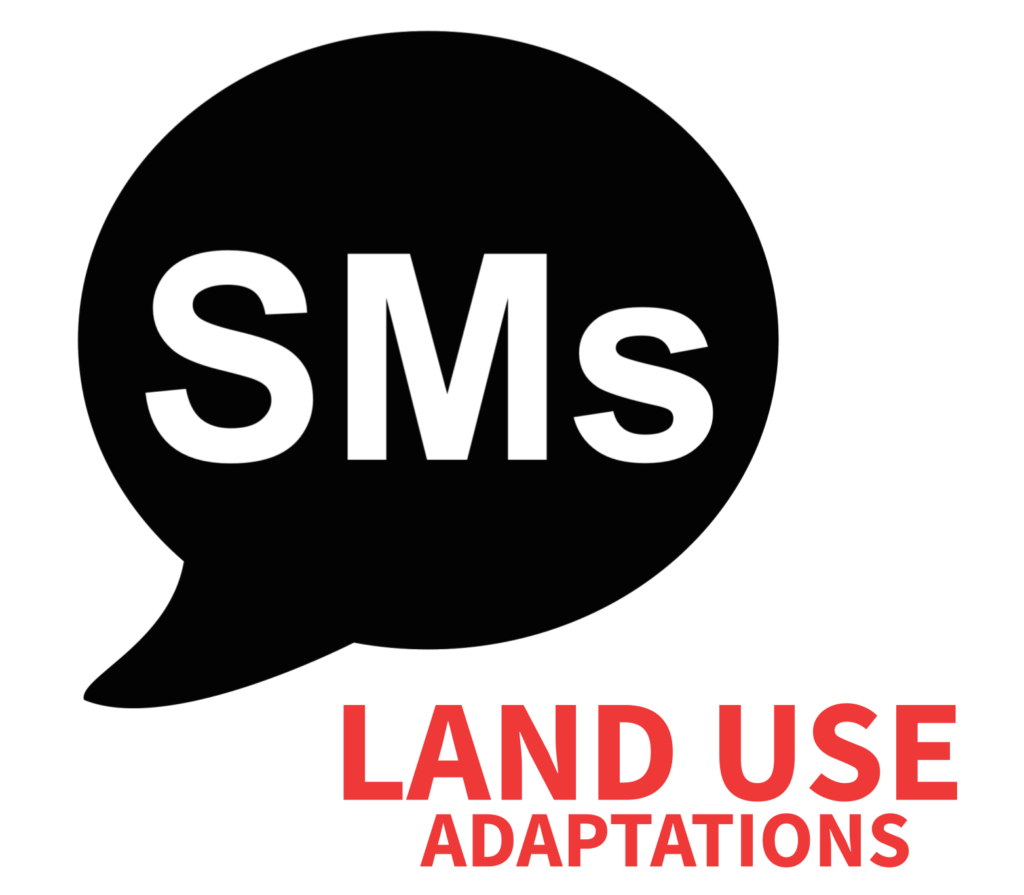
.
ep. 103: Jonathan Lundgren || On-farm Scientific Analysis to Fuel the Regenerative Movement
–
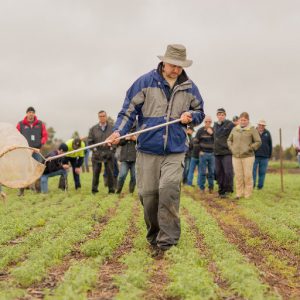
Joining for ep.103 is Ecdysis Foundation founder, Jonathan Lundgren. What’s really needed to frame-out mainstream adoption of regenerative – “it’s good data,” describes Dr. Lundgren. Good and accurate data coming from bleeding-edge scientific study. So, in January 2022, Ecdysis Foundation launched their 1000 (Regen) farm initiative as the most ambitious agroecology experiment ever conducted.
Scientific analysis on the oodles of rich data being pulled from all kinds of different farms within diverse regions, sizes and crop types is needed to instigate regenerative from a slow evolution – to the revolution. The millions of data-points-of-light coming from the 1000 farms will be used to measure outcomes inline with best regenerative food production principles. Jonathan explaines that a simple scoring matrix can make some in-tune predictions. What they seen already is that the more regenerative farms have higher values in this desired Regen outcome matrix.
“The 1000 farm study is to establish the scientific spine to support a transition of food systems more regenerative.”
Dr. Jonathan Lundgren
On all studies at the Ecdysis Foundation each scientist must also be a farmer. Dr. Lundgren believes the scientific community should rethink what applied science really looks like in their space. That scientists must connect with the problem that are trying to solve. Can an agricultural scientist truly make revolutionary discoveries in food production when only stuck in a lab, or behind a computer?
–
Lundgren says that scientists must once again get their hands dirty in any agricultural domain they’re working in. Could that type of immersive science accelerate large-scale adoption and grow the regenerative movement? Yeah! More good science from talented scientist is a foundation for growth.
.
.
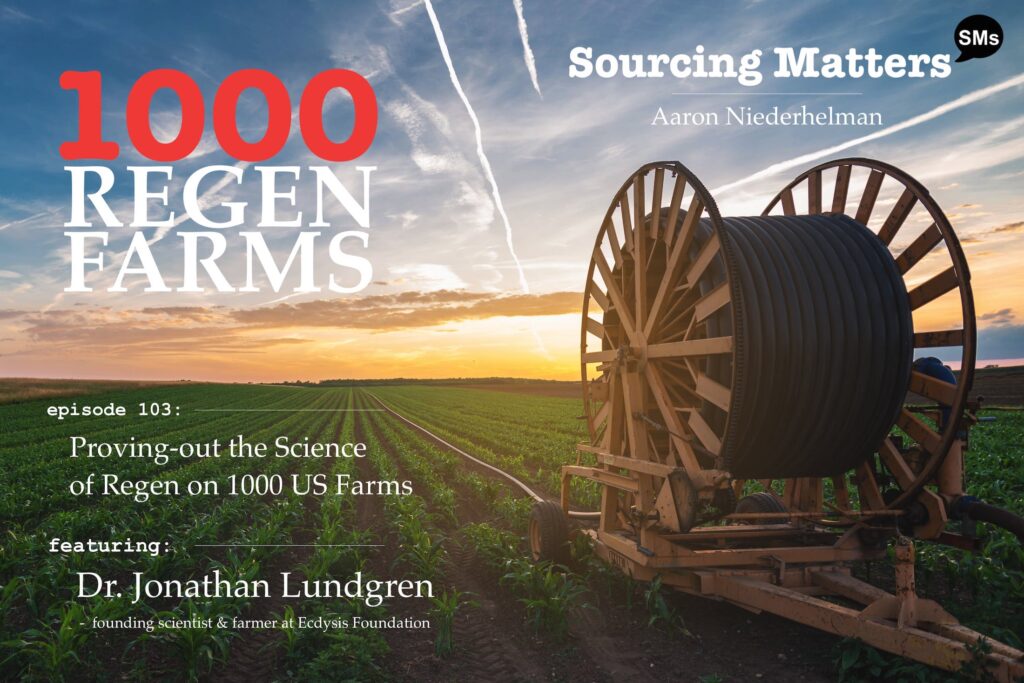
social media tile
.
It’s time for a change. The old stuff is broken. We need a new approach, but this systemic change stuff can be really hard! There’s all kinds of entrenched interests too. Lundgren teases us with the notion that this movement could be turned into a revolution with an ecological enlightenment of the scientific community.
–
tune-in to find out what it’ll take to…
–
You see, while working at the USDA, Jonathan Lundgren was an award winning superstar scientist bounding his way up the ranks. Not willing to be silenced for his true and accurate work, Dr. Lundgren kept to his beliefs and stood tall for what’s right. These types of folks in public roles, those that stick their neck out to fight corruption are often labeled as… a whistleblower. I think you’ll agree that Dr. Jonathan Lundgren would be better described as a guy who just says it like it is.
.
– bring Regen mainstream.
.
As for Lundgren’s POV – to instigate a paradigm shift in food and its production, it has to be done on the shoulders of farmers and with the scientific community that are ready to engage in Regenerative. I think he’s got it right. We need this apples-to-apples comparison with conventional. That analysis speaks the proper language to support the large-scale conversion from conventional to Regen. This may very well be the spine for the Regenerative playbook.
.
.
.
photo credit: Ecdysis Foundation
.
LAND USE ADAPTATION – content series
–
Food produced using innovative REGENERATIVE ADAPTATIONS (like the solutions discussed in this miniseries) will instigate a whole new way of thinking. Eating good food shapes our relationship with nature for the better, and sustains the stomachs of those who influence mindsets well beyond agriculture fields. Demand for this food produced using elevated standards has already skyrocketed. In this series we connect with those in the US leading a paradigm shift towards smarter LAND USE with good food production.
–

–
.
,.


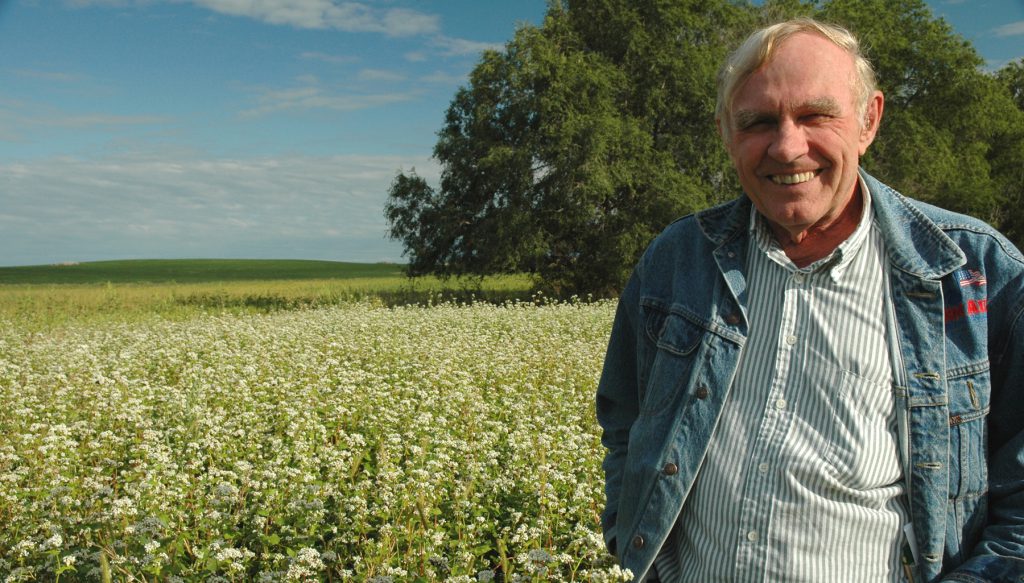
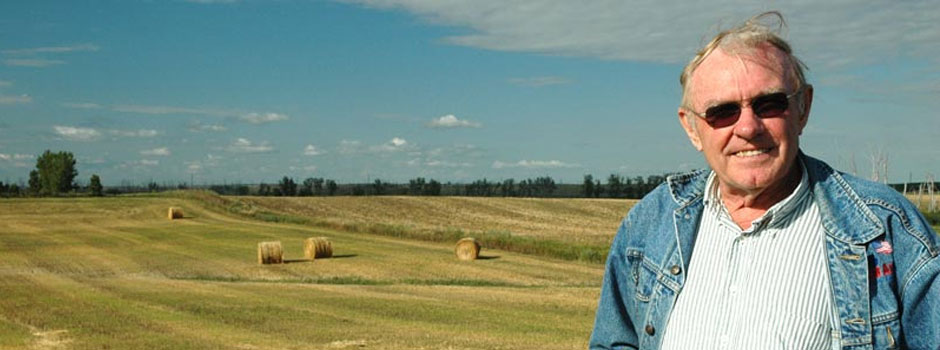

 When this kind of elbow grease bumps up against something that’s bigger than yourself; when influencers don’t become too salty in their pursuit of a mission to improve the human condition or that of the living planet; when these leaders instigate a movement – that’s when we see the icons arise. True Action Heroes that break-down parochial mindsets and evolve behaviors for the betterment of tomorrow actually exist. don’t breathe some kind of rarified air. Despite being hard to find, these icons of environmental and social change live amongst us – in our times. Influencers that we should follow, and real action heroes to be idolized. The Icon series profiles these unique folks who inspire and influence change of mindset and behavior to re-chart more journeys ahead.
When this kind of elbow grease bumps up against something that’s bigger than yourself; when influencers don’t become too salty in their pursuit of a mission to improve the human condition or that of the living planet; when these leaders instigate a movement – that’s when we see the icons arise. True Action Heroes that break-down parochial mindsets and evolve behaviors for the betterment of tomorrow actually exist. don’t breathe some kind of rarified air. Despite being hard to find, these icons of environmental and social change live amongst us – in our times. Influencers that we should follow, and real action heroes to be idolized. The Icon series profiles these unique folks who inspire and influence change of mindset and behavior to re-chart more journeys ahead.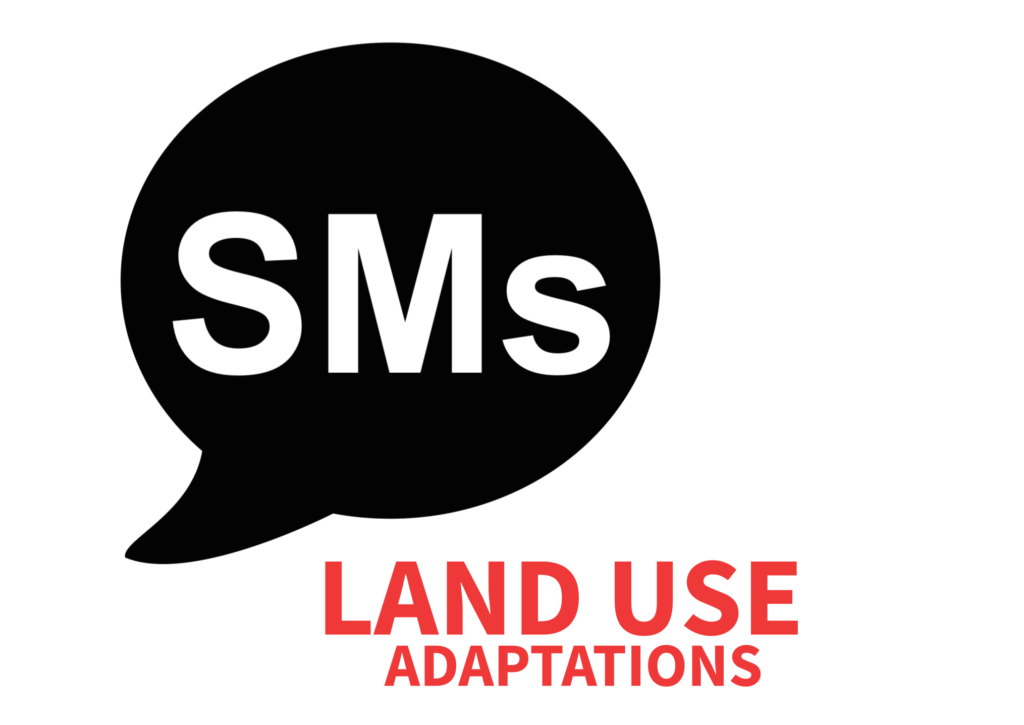
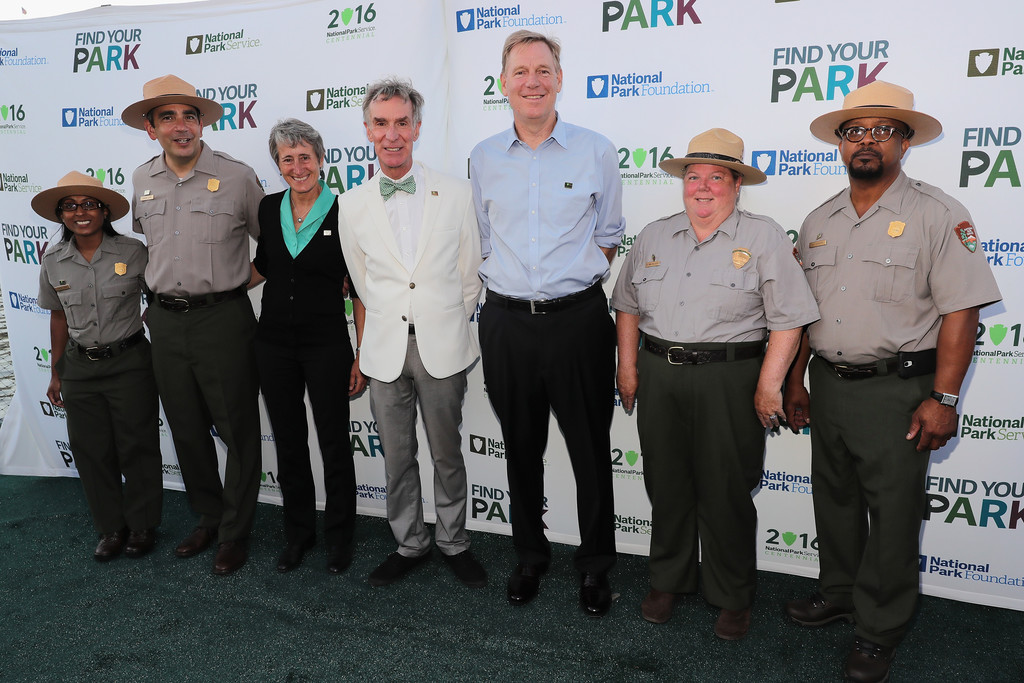
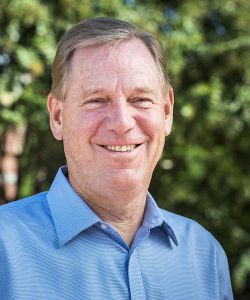
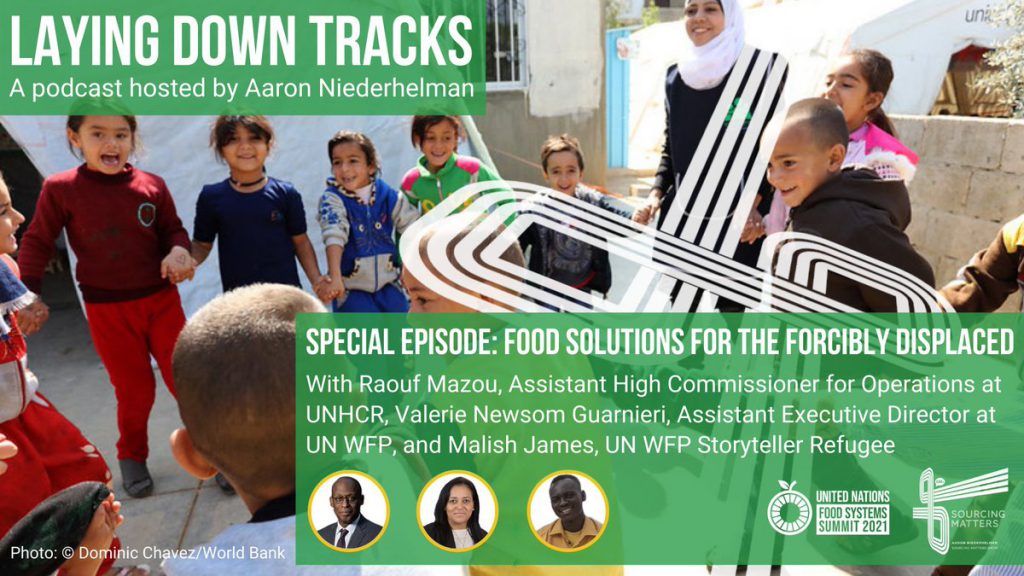
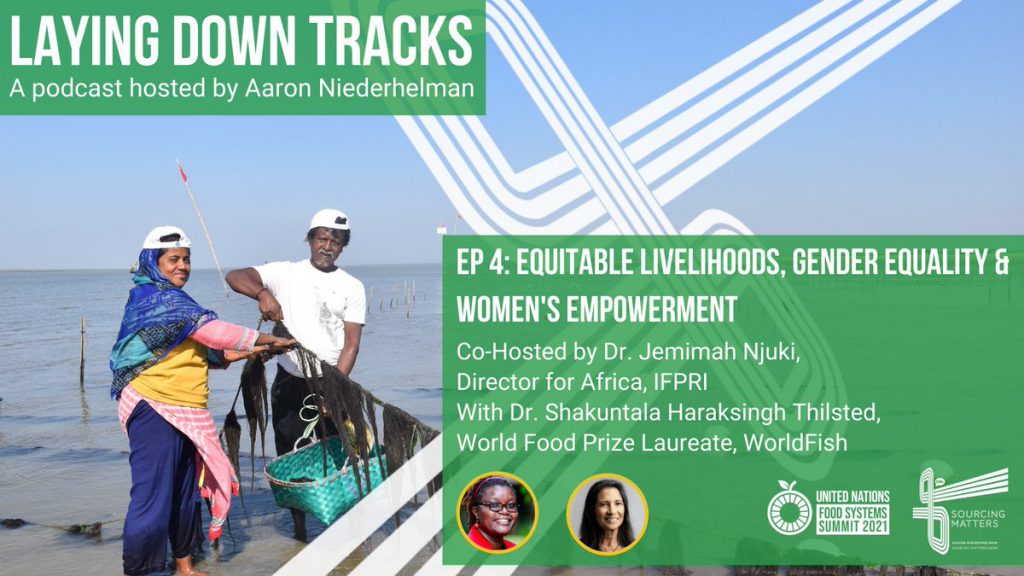
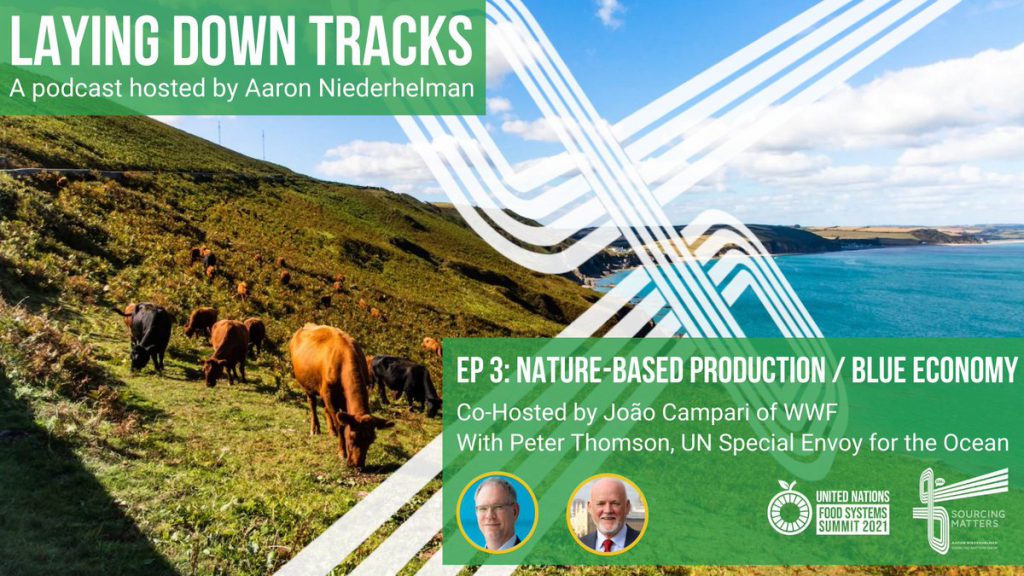
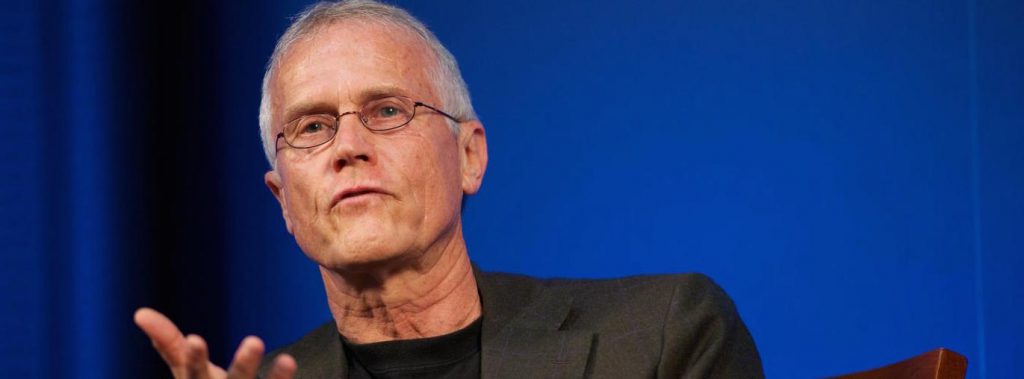
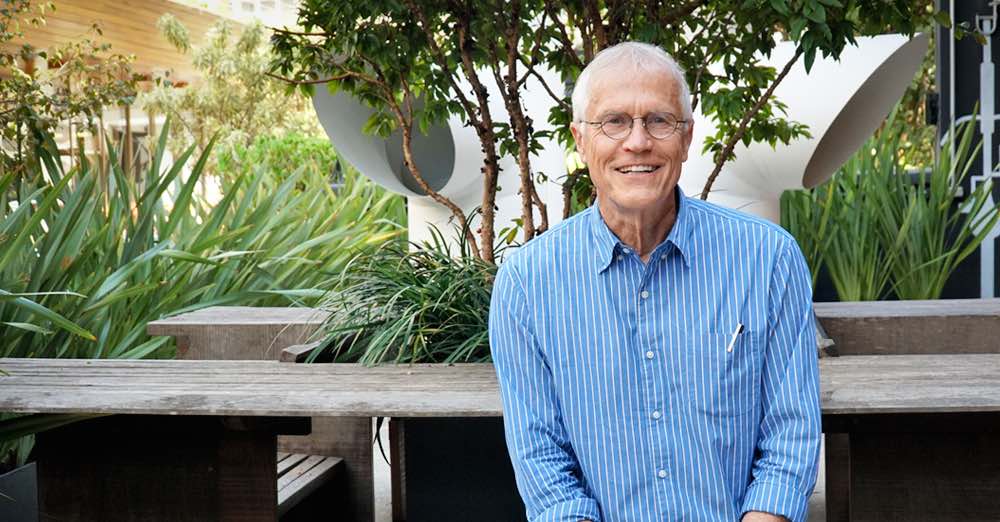
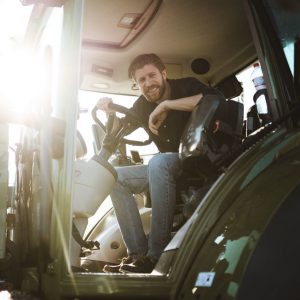 Through regenerative food production and forestry management; through hunting excursions and land stewardship initiatives; through a royal bed & breakfast and restaurant – Bösel offers patrons a unique experience dedicated to capturing and sharing the vitality found in nature’s systems. Since Benedikt has taken the reins of this 7500 acre estate located 1 hour east of Berlin – it’s become an Agtech innovation hot-bed, and an epicenter for testing / implementing Regenerative Natural Resource Management at scale.
Through regenerative food production and forestry management; through hunting excursions and land stewardship initiatives; through a royal bed & breakfast and restaurant – Bösel offers patrons a unique experience dedicated to capturing and sharing the vitality found in nature’s systems. Since Benedikt has taken the reins of this 7500 acre estate located 1 hour east of Berlin – it’s become an Agtech innovation hot-bed, and an epicenter for testing / implementing Regenerative Natural Resource Management at scale.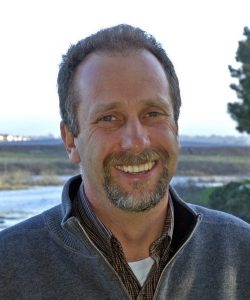 Most recently, Murphy has become an advocate for the farmers he spent three decades working arm in arm. Since stepping down at Driscoll’s – Kevin has decided to take on the issue of undocumented workers in agriculture head on. In a recent opinion piece in the Wall Street Journal, Murphy explained that American farmers desperately need immigration reform. The editorial teased the readers with a subtitle – “will migrant workers produce our food here or somewhere else?” What’s great about it – in this WSJ piece Murphy doesn’t lament over the problems. Instead, he lays out a three step plan to reform immigration in this country beginning from our ground zero – the fields that produce what sustains us and our families everyday.
Most recently, Murphy has become an advocate for the farmers he spent three decades working arm in arm. Since stepping down at Driscoll’s – Kevin has decided to take on the issue of undocumented workers in agriculture head on. In a recent opinion piece in the Wall Street Journal, Murphy explained that American farmers desperately need immigration reform. The editorial teased the readers with a subtitle – “will migrant workers produce our food here or somewhere else?” What’s great about it – in this WSJ piece Murphy doesn’t lament over the problems. Instead, he lays out a three step plan to reform immigration in this country beginning from our ground zero – the fields that produce what sustains us and our families everyday.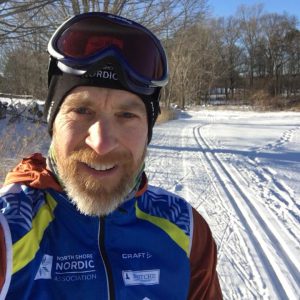 Using adaptive grazing is one important strategy to increase the soil health of our public grasslands and rangelands. For episode 85 of Sourcing Matters, consultant Greg Horner discusses his recent work interviewing innovative public land managers across the US about their use of adaptive grazing as a tool to improve soil health, restore ecosystem function, and increase biodiversity. While these agency staff are increasing soil health, they are also increasing soil carbon and making the land they manage more resilient to climate change.
Using adaptive grazing is one important strategy to increase the soil health of our public grasslands and rangelands. For episode 85 of Sourcing Matters, consultant Greg Horner discusses his recent work interviewing innovative public land managers across the US about their use of adaptive grazing as a tool to improve soil health, restore ecosystem function, and increase biodiversity. While these agency staff are increasing soil health, they are also increasing soil carbon and making the land they manage more resilient to climate change.